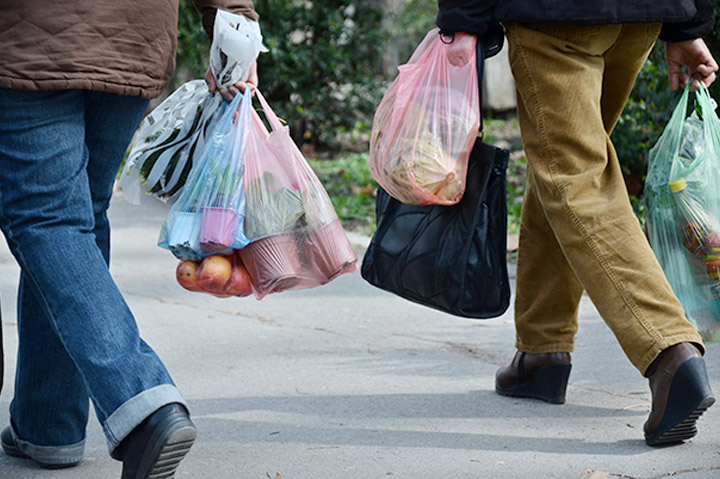News September 22, 2021
Philadelphia Enacts Plastic Bag Ban
Prohibitions on single-use plastic bags could help promo distributors sell alternatives like totes.
After several delays due to the COVID-19 pandemic, Philadelphia has announced it will begin its plastic bag ban on Oct. 1.
The ban in America’s sixth-largest city by population can potentially create opportunities to sell more branded reusable alternatives like tote bags. That could benefit promotional products distributors. Still, things can be more complicated than that, as costs may go up for retailers, which could result in them having less money for marketing purposes.

The legislation, which Mayor Jim Kenney signed into law in December 2019, prohibits single-use plastic bags at retail establishments across the city, as well as paper bags that don’t contain at least 40% recycled content. Dry-cleaner bags, newspaper bags, bags provided by pharmacists to contain prescription drugs and bags intended for use as garbage bags or to contain pet waste are all exempt. Noncompliant businesses will be issued only a warning through April 1, 2022, The Philadelphia Inquirer reported.
Philadelphians use an estimated 1 billion plastic bags a year, according to Clean Air Council attorney Logan Welde. Many of them end up as litter on city streets and in trees and waterways. It can cost millions of dollars each year to clean up, WHYY reported.
The war on plastic has been raging for years now. There are over 1,000 plastic-reduction laws throughout the United States, according to Surfrider Foundation, a nonprofit that works to protect and preserve the world's oceans and beaches. Ban proponents say the pollution spoils natural habitat and poses a danger to wildlife, which can choke on or become caught in the disposables.
In 1950, the world’s population of 2.5 billion produced 1.5 million tons of plastic, according to Surfers Against Sewage, a marine conservation charity based in the United Kingdom. In 2016, a global population of more than 7 billion people produced more than 320 million tons of plastic. The 2016 tally is set to double by 2034. Every day, approximately 8 million pieces of plastic pollution find their way into oceans, according to Surfers Against Sewage.
